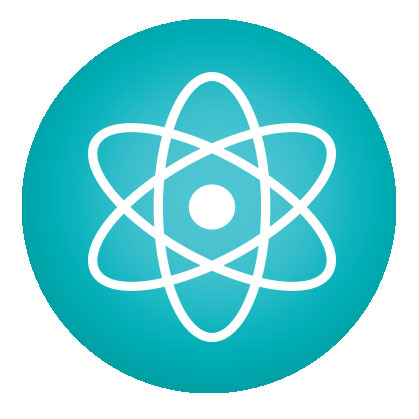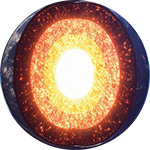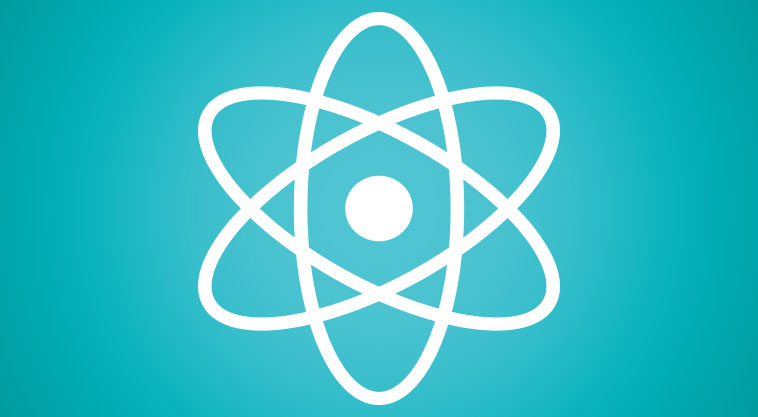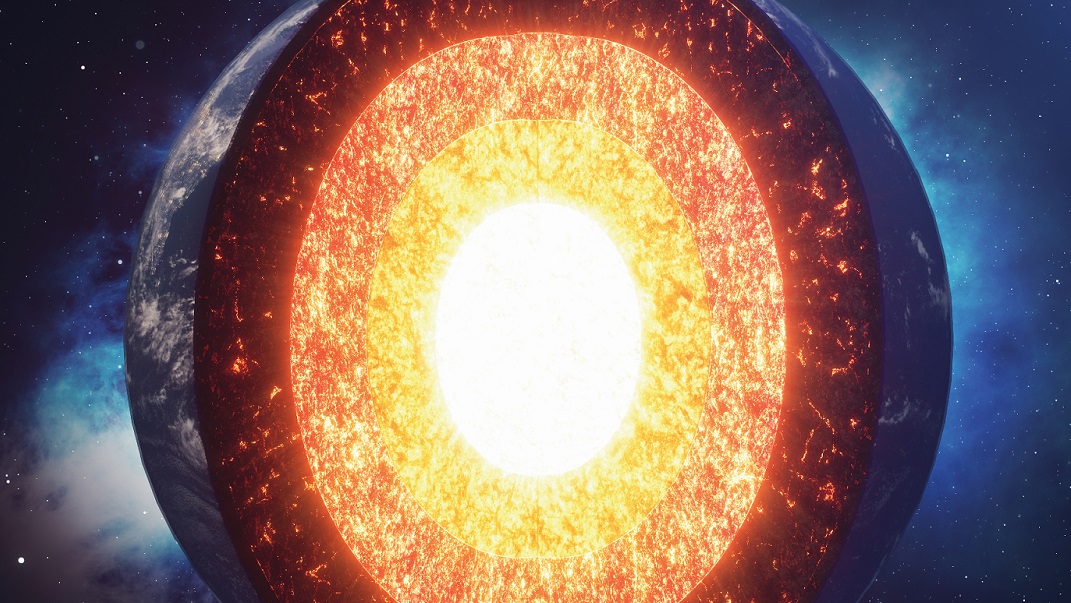The Only One


With Rav Moshe Wolfson, written by Baila Vorhand
Isn’t emunah instinctive to everyone? True, instinctive knowledge of Hashem is what separates the Jew as a species apart. However, the truth is that every creation naturally recognizes its Creator, according to its level of intelligence and awareness, as we note in Tehillim (104:21): “The young lions… seek their food from G-d.” We daven for the revelation of this fact every Rosh Hashanah, “V’yeida kol pa’ul ki Atah pe’alto” — that every creation, from the smallest of pebbles, should know Who created it.
Still, there is something very special about the emunah of a Jew. Hashem prided Himself with Avraham Avinu’s emunah, choosing him because the uniqueness of his faith. Later, Hashem chose the descendants of Avraham to be His People, because they had inherited this emunah from him.
The secret of the Jewish emunah lies in the first pasuk of Krias Shema. Shema Yisrael — listen, Yisrael: What is said here is for Jews only. Hashem is our G-d, Hashem is One. We are not being told that Hashem is the only G-d, we are being told that Hashem is the Only One. Period.
There isn’t one G-d and then many other creations. There is one G-d; all creatures are merely expressions of His will. While all creatures may instinctively recognize a Creator, they also feel a sense of independence, they don’t realize that their existence is dependent upon the continuous will of Hashem. The Jewish instinct of emunah enables a Jew to sense that, disconnected from Hashem, he has no existence. A non-Jew who engages in deep philosophical thought can also understand that his existence is dependent upon Hashem’s will, but because this knowledge is intrinsic to a Jew, he senses it naturally.
A Vehicle for His Will
Jewish emunah peshutah was completely developed by the Avos. The Midrash (Bereishis Rabbah 47:6) notes that “Ha’Avos, hein hein hamerkavah — the Avos are the chariot.” A chariot is a vehicle with no will of its own; it moves according to the will of its rider. The Avos perfectly personified the Oneness of Hashem by completely sublimating their will to His.
The difference between the way that most of us perform mitzvos, and the way that someone who is a merkavah for Hashem does, can be understood by comparing what happens when I ask my son for a cup of water, versus when I reach out for a drink myself.
If I tell my child, “Please bring me some water,” I hope and expect that he will fulfill my request. Yet even if he eagerly jumped to his feet to bring me the water, his action would not be instinctive. For a split second, his mind would consider the situation: “My mother wants me to bring her some water. Should I obey her? Why, of course I should, it’s a mitzvah!”
However, if I am home alone and I feel thirsty, my mind will not stop to think, “Should I direct my hand to reach out and pour some water for the throat that shares my body?” I would instinctively fetch myself some water — because my body is part of me, it is a merkavah for my will.
Every Fiber of Their Being
The emunah of the Avos was so strong that they sensed with every fiber of their being that they were but a chelek Eloka mima’al, a part of Hashem Himself, and automatically fulfilled His will. This explains the Midrash (Bereishis Rabbah 61:1) that states that Avraham Avinu was able to learn Torah before it was given because his two kidneys taught him the entire Torah. Since the Torah is the expression of Hashem’s will, it was natural for Avraham to know it and fulfil its directives. His kidneys, his own body, instinctively directed him to knowledge and performance of mitzvos.
Since all species give birth to children just like themselves, Yitzchak and Yaakov were born with Jewish souls and likewise sensed that they were a part of Hashem Himself. And although the Torah had not yet been given on Har Sinai, they too knew the entire Torah.
As descendants of Avraham, Yitzchak, and Yaakov, we also instinctively intuit that we are part of Hashem Himself. However, unless we fully develop it — as did the Avos and Imahos as well as a few great tzaddikim, our emunah peshutah will not be strong enough to enable us to fulfil Hashem’s will instinctively or to know the entire Torah.
The insulating effects of materialism disconnect us from our spiritual core. Each time we indulge in unnecessary physical experiences, we anesthetize ourselves yet a bit more, making it harder for the soul to sense its connection to Hashem.
There was one moment in history when the Jewish People completely purified their physicality: when we stood at the foot of Har Sinai. After three days of intense spiritual preparation, we had reached the level of the Avos. At that moment, every single Jewish man, woman, and child, instinctively and intuitively knew the entire Torah.
This, explains Kedushas Levi, is why we thank Hashem “Ilu keirvanu lifnei Har Sinai, dayeinu — Had You only bought us near Har Sinai, that would have been enough!” To have merited the full flowering of our emunah peshutah, to have sensed the entire Torah through our neshamos, even temporarily, is a gift that deserves our continuous gratitude. Of course, we immediately follow that with our gratitude for the Torah itself, because we would not have maintained that lofty level forever, but we still thank Hashem for the experience.
A Pilot Flame
After falling from the spiritual heights of Har Sinai, the unique Jewish emunah did not revert to merely a beautifully poetic, theoretical idea that inspires emotion and spiritual aspirations. Even dormant emunah peshutah emits tiny measures of warmth, like a pilot flame, which can be “turned on” into a more substantial fire as we develop ourselves spiritually.
Fulfilling mitzvos, davening, learning, and performing acts of kindness precisely when we are not in the mood, purifies our animalistic instincts, enabling us to experience Hashem’s Presence in a more tangible way.
But even if it is only a small presence in our lives, emunah peshutah gives us that feeling that rises to the surface from time to time: Being a frum Jew is the very purpose of our existence. Occasionally, in a moment of challenge, when faced with a spiritually critical life choice, emunah peshutah can rise to the fore, sometimes even suddenly and unexpectedly, in the form of a powerful inner voice asserting, “I don’t want to do this! I want to be a different kind of person!”
Emunah peshutah, even in its incomplete form, influences who we are as Jews. And emunah peshutah does not merely play a key role in the lives of individual Jews; it is the secret of the continuity of the Jewish People as a whole.
In a nutshell: The Jewish emunah instinct is unique in that it enables Jews to sense that their existence is dependent upon Hashem.
(Originally featured in Family First, Issue 631)
Oops! We could not locate your form.



